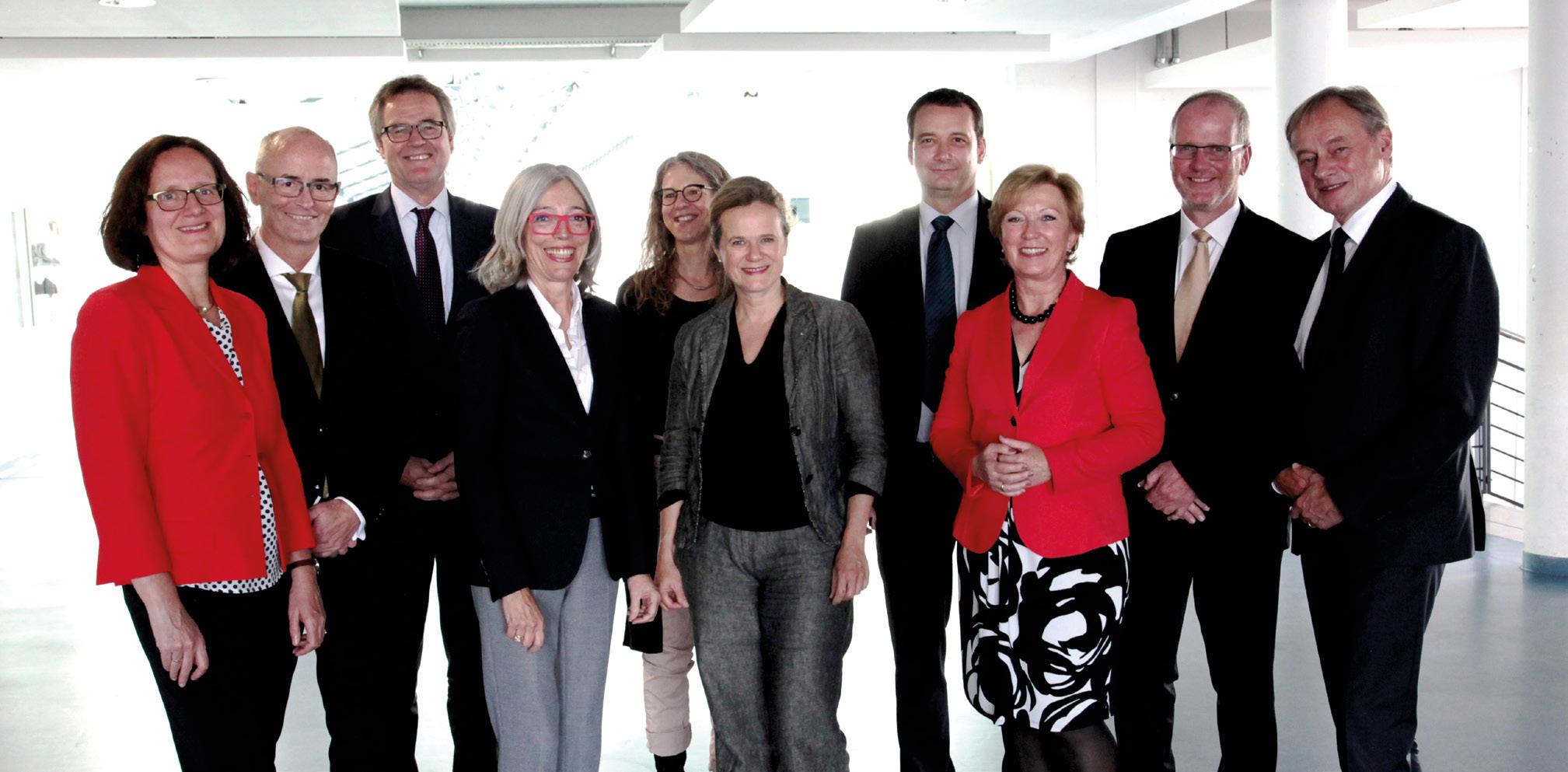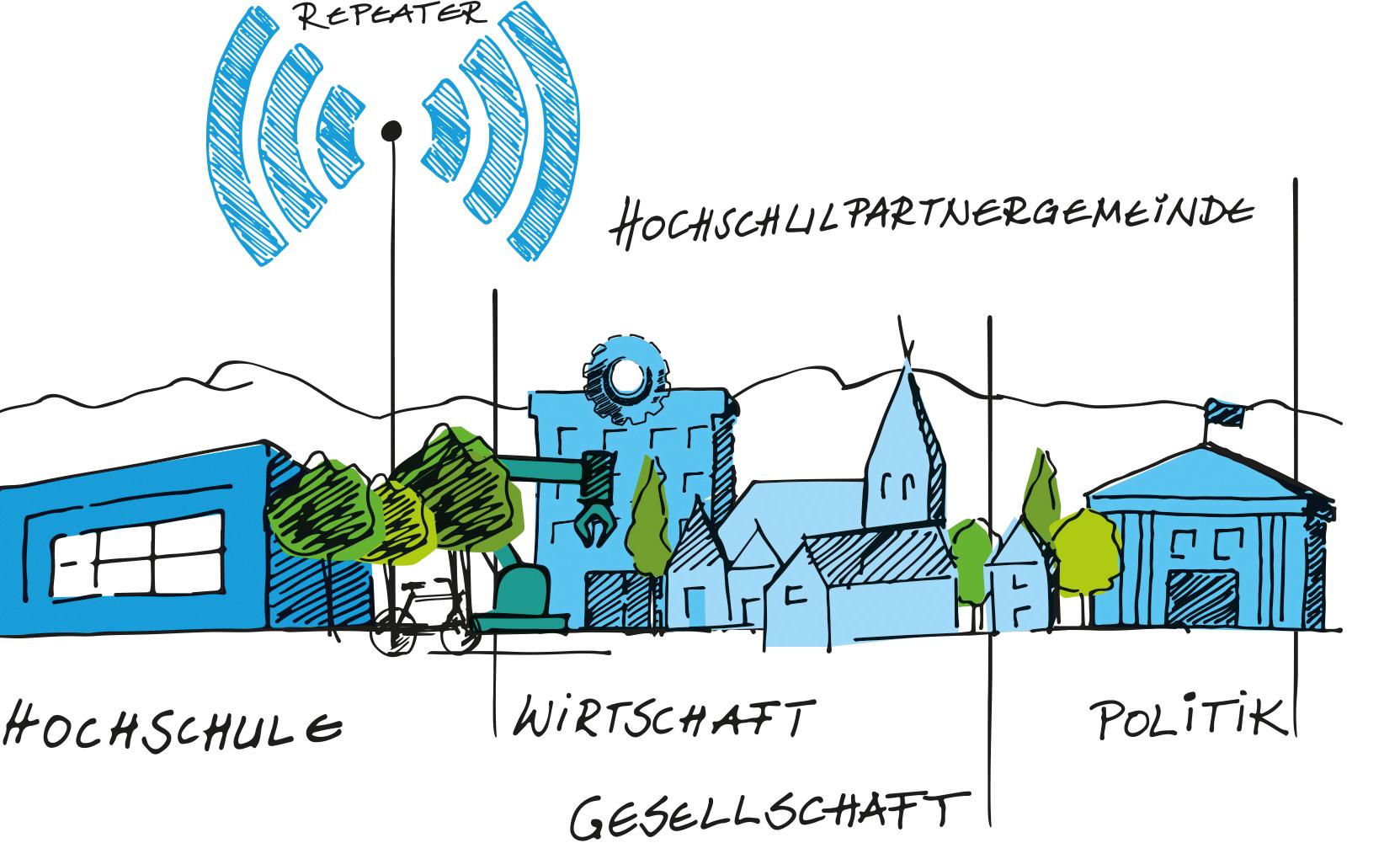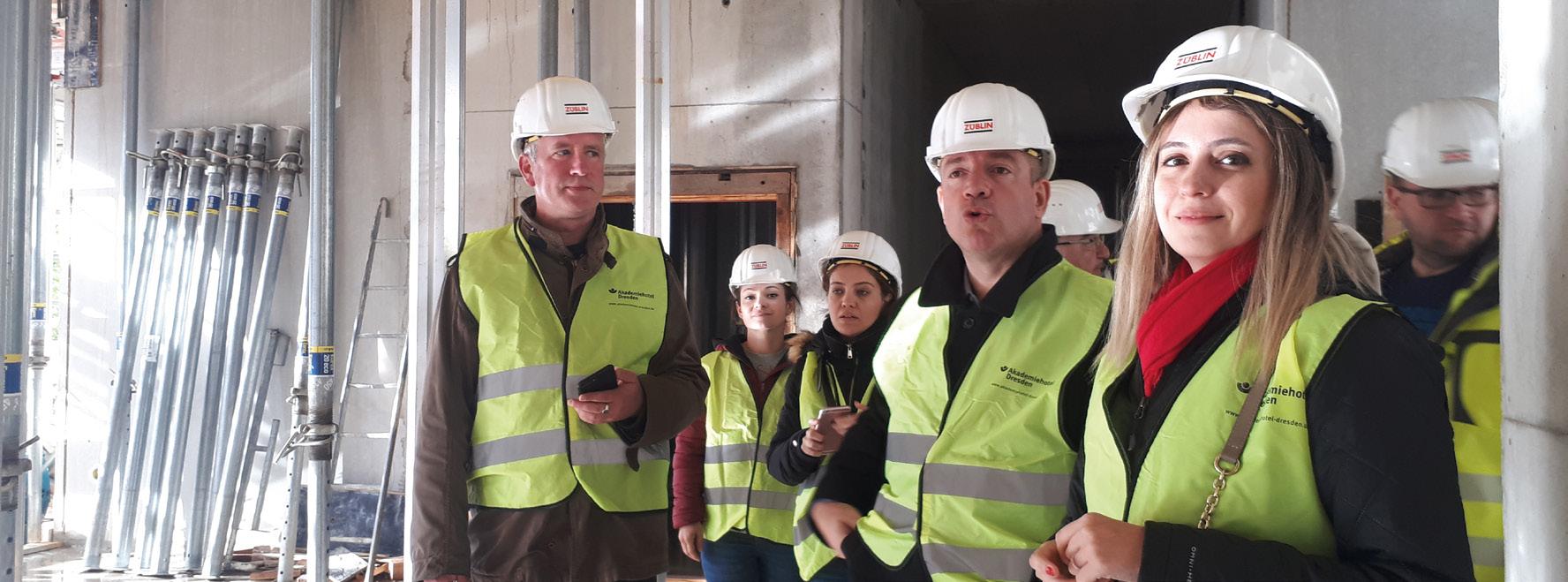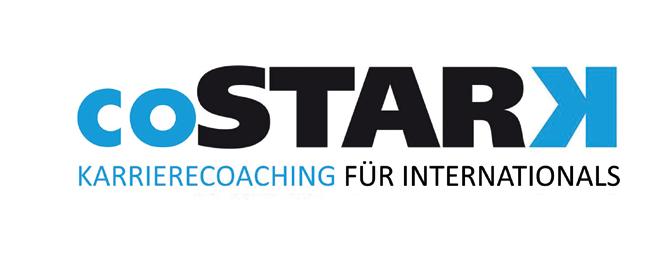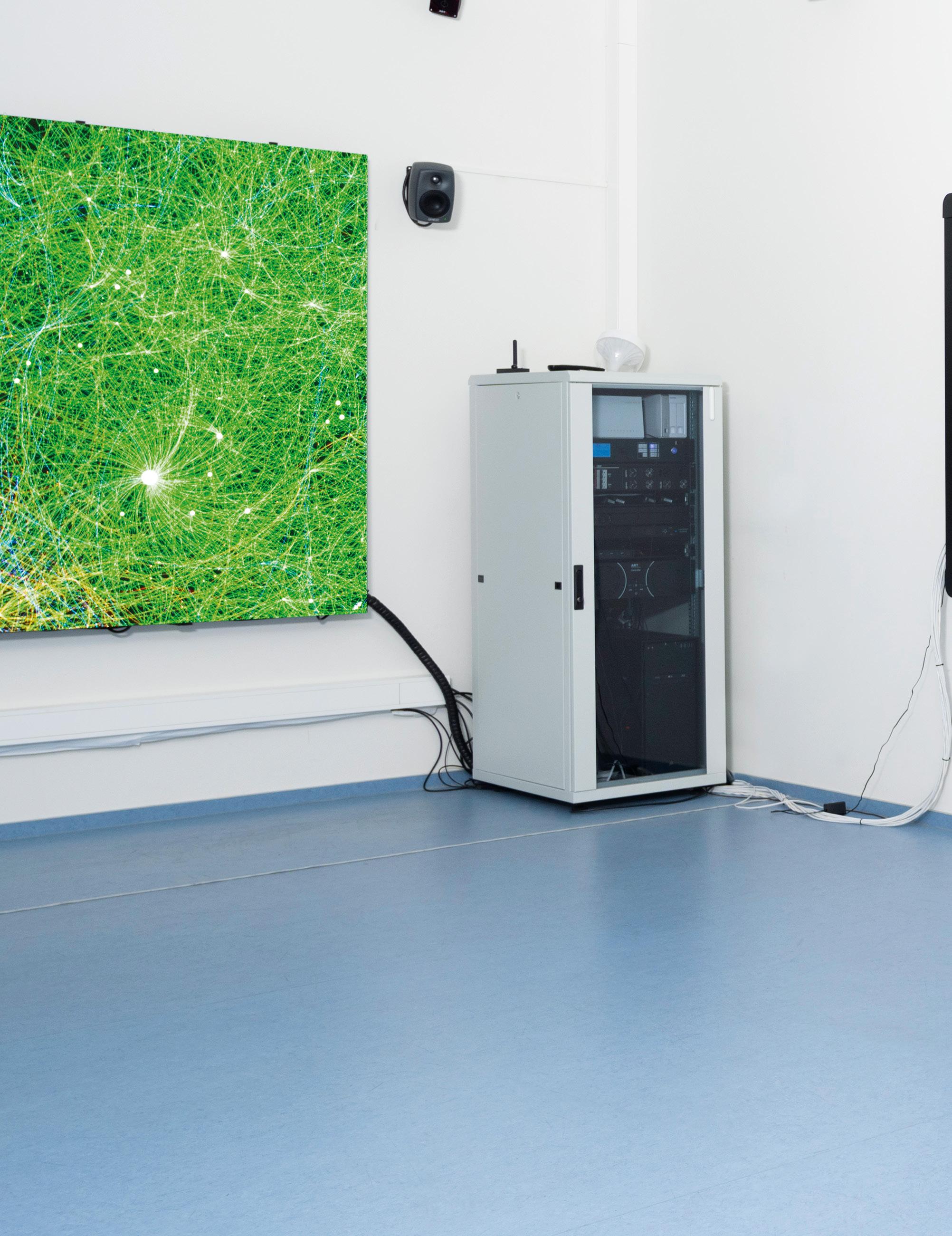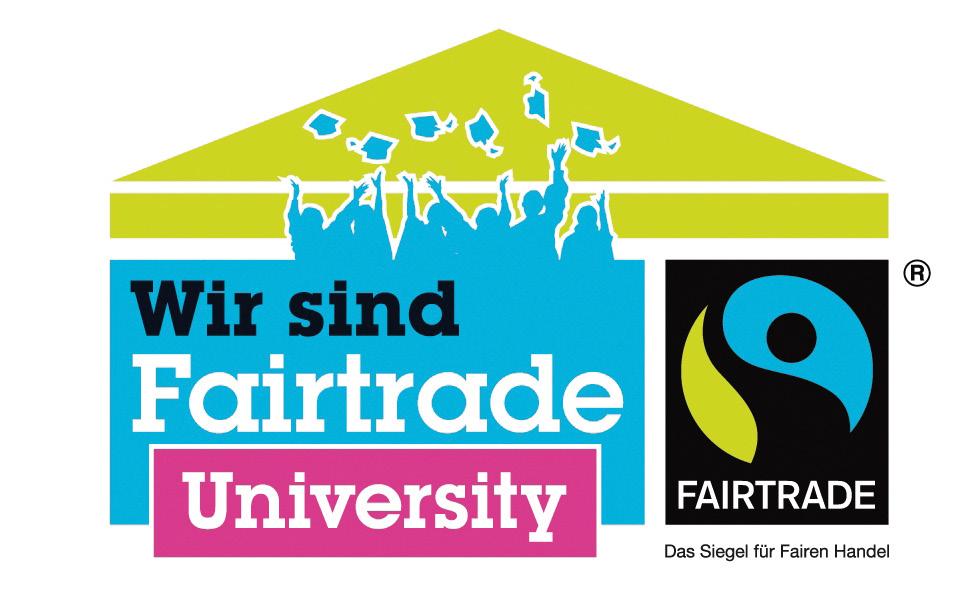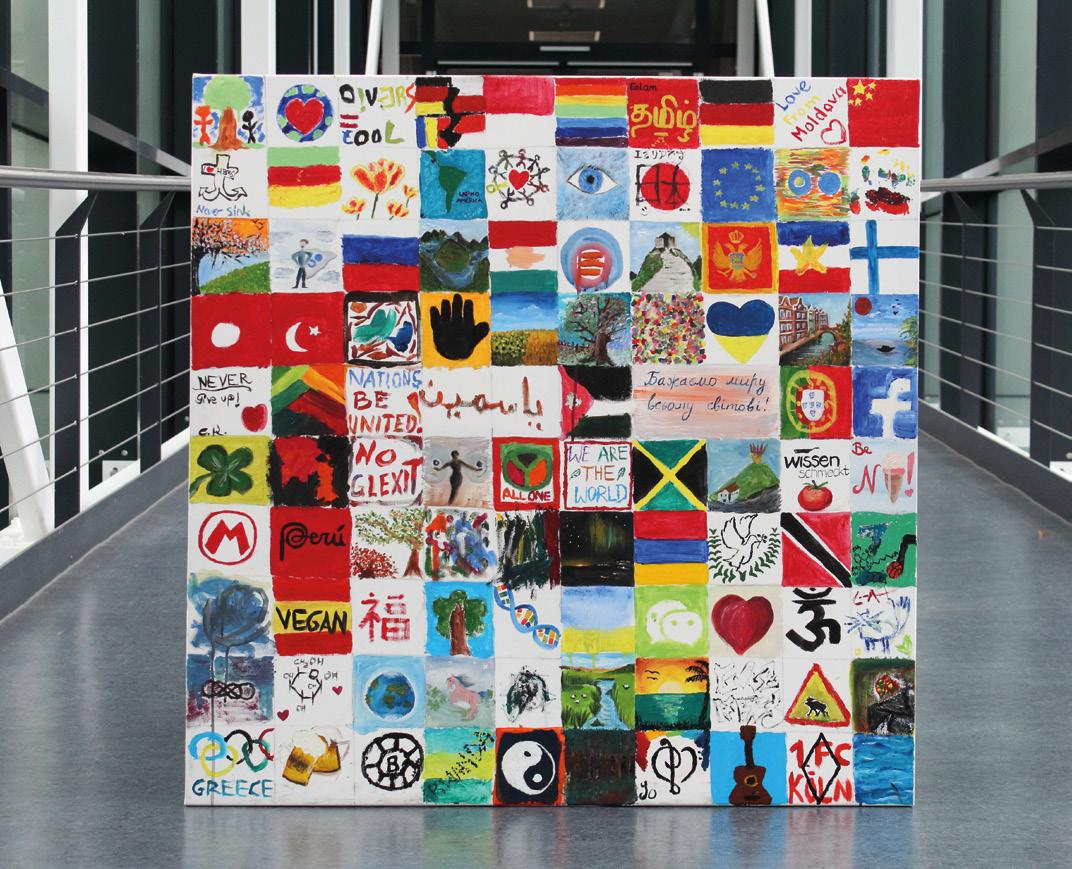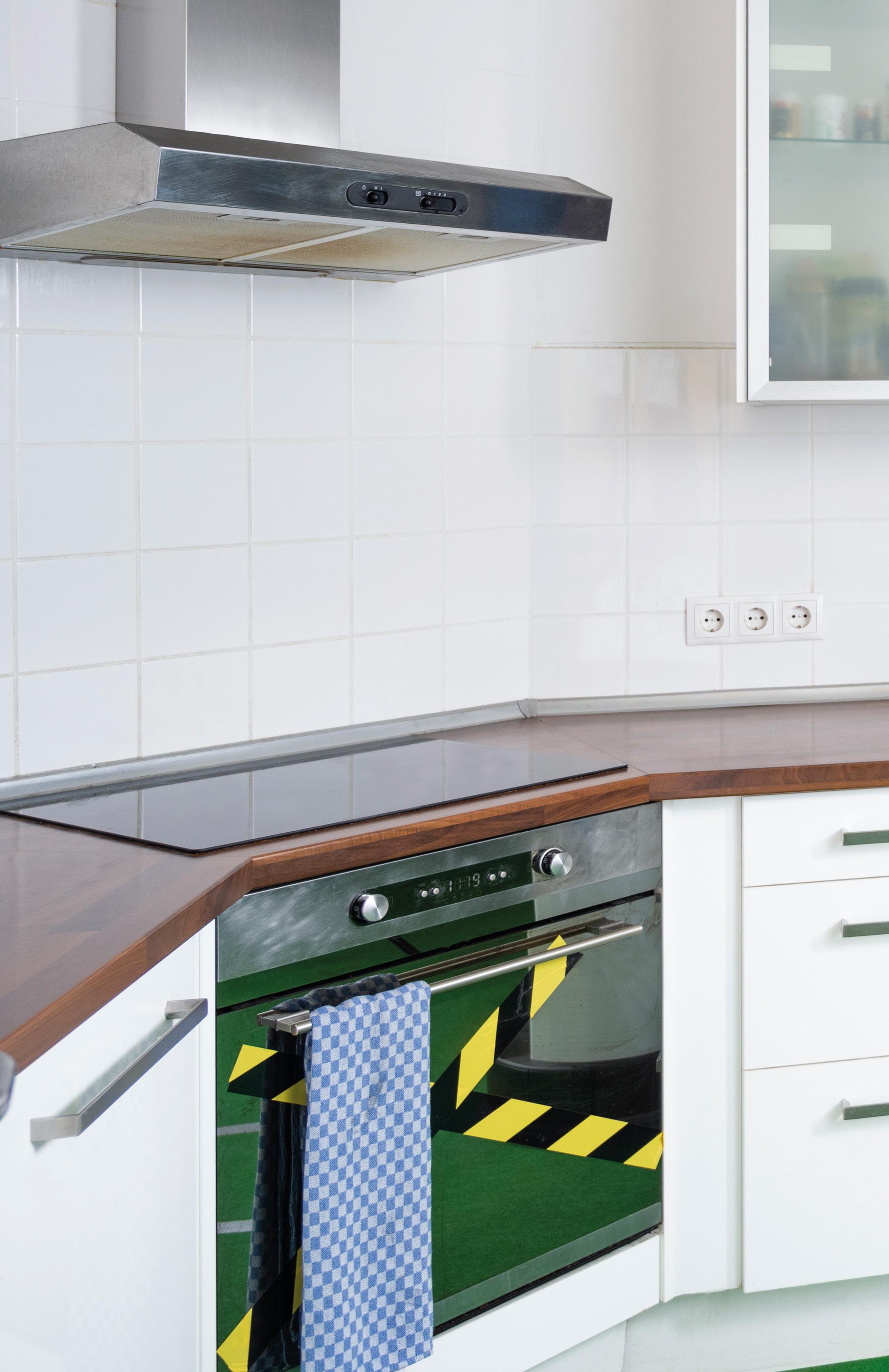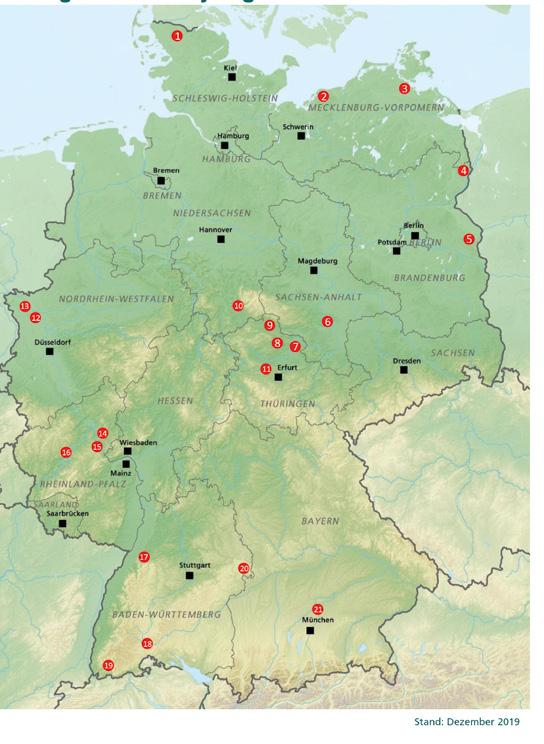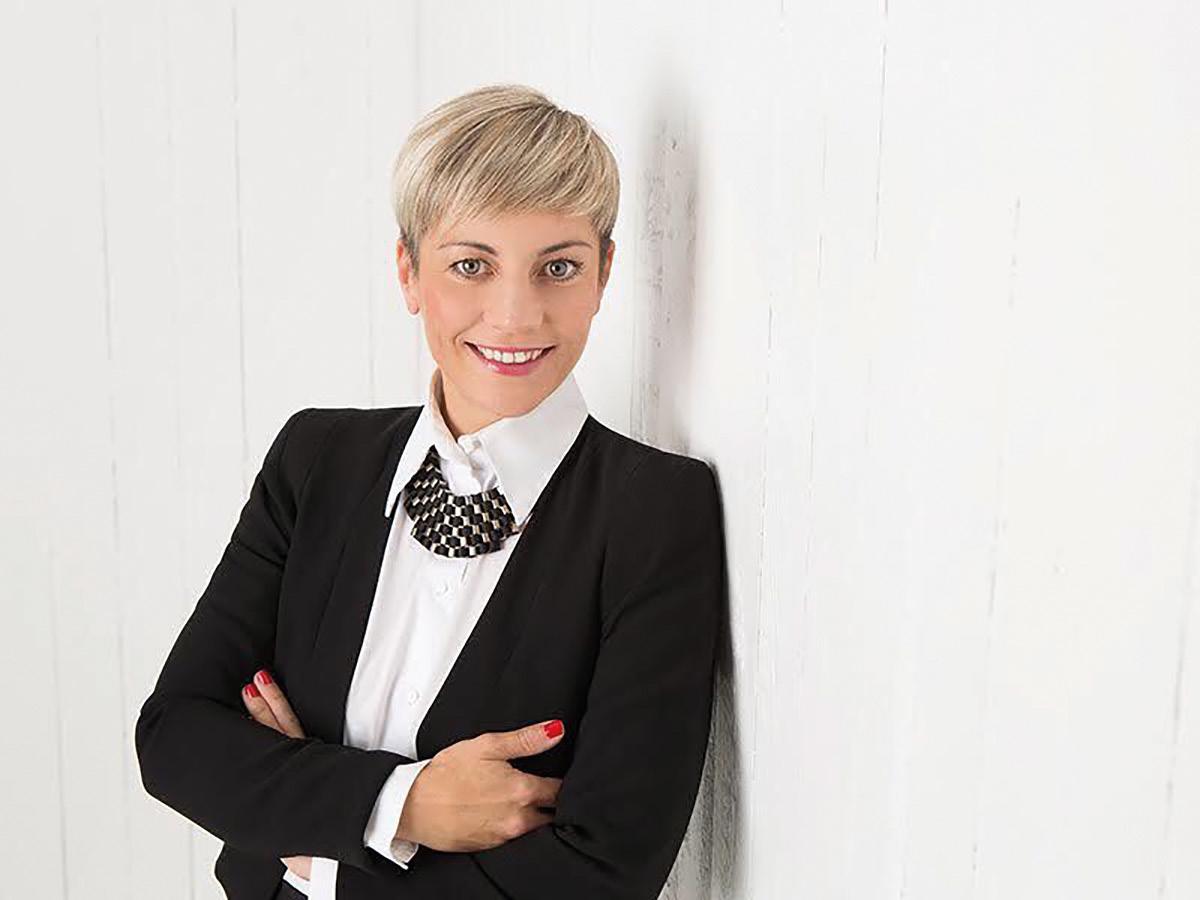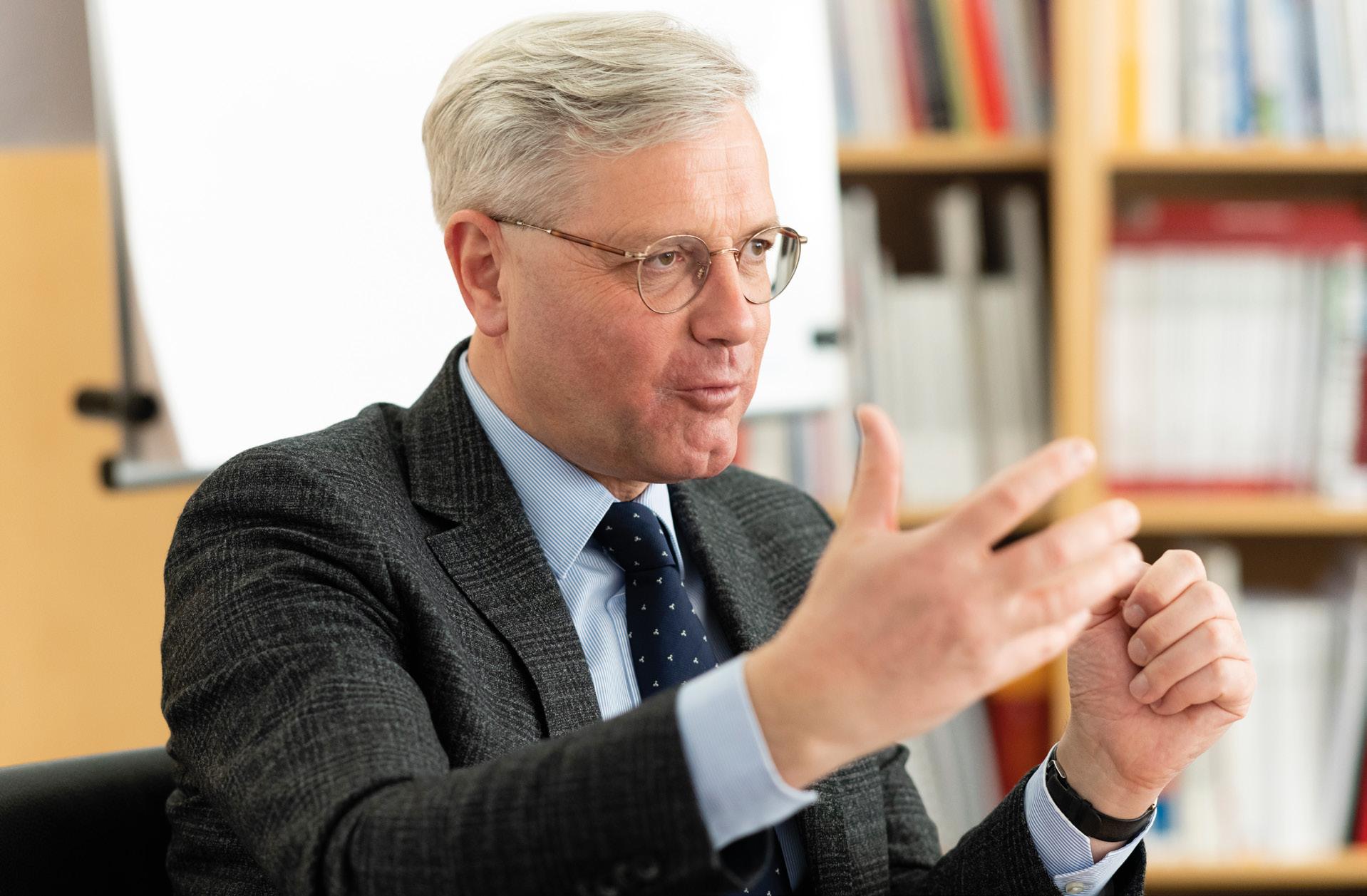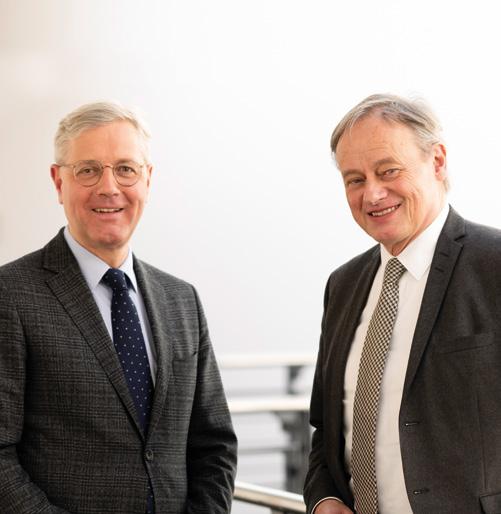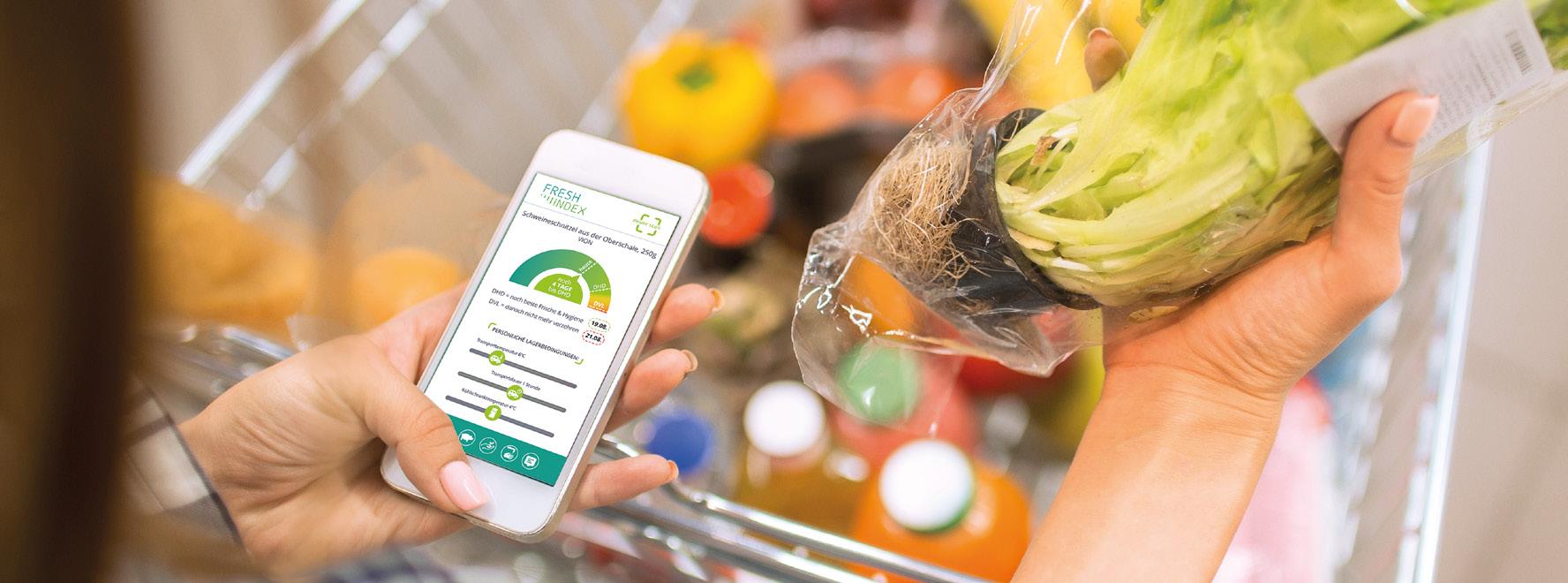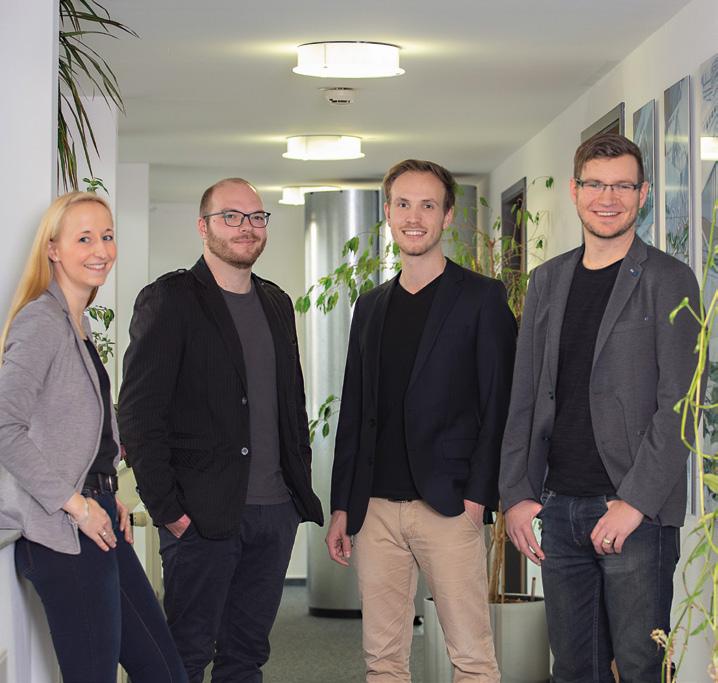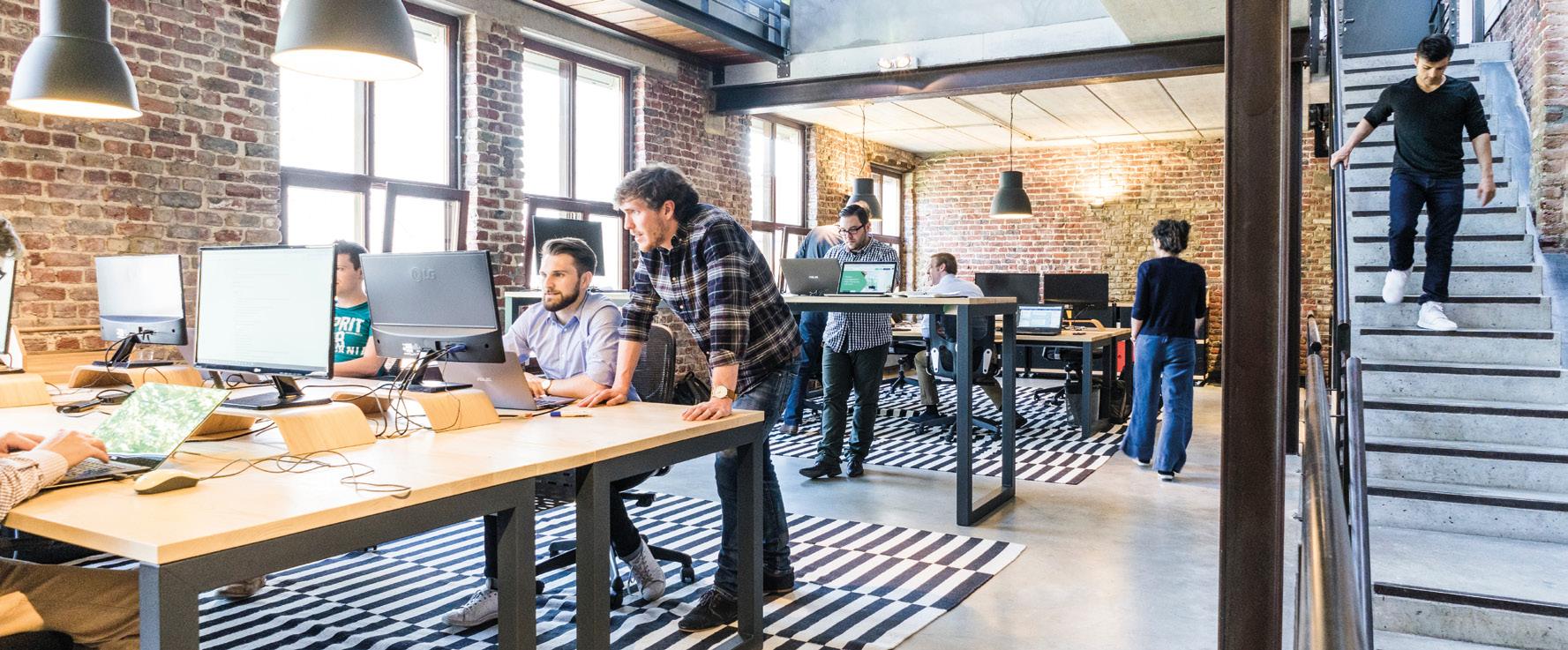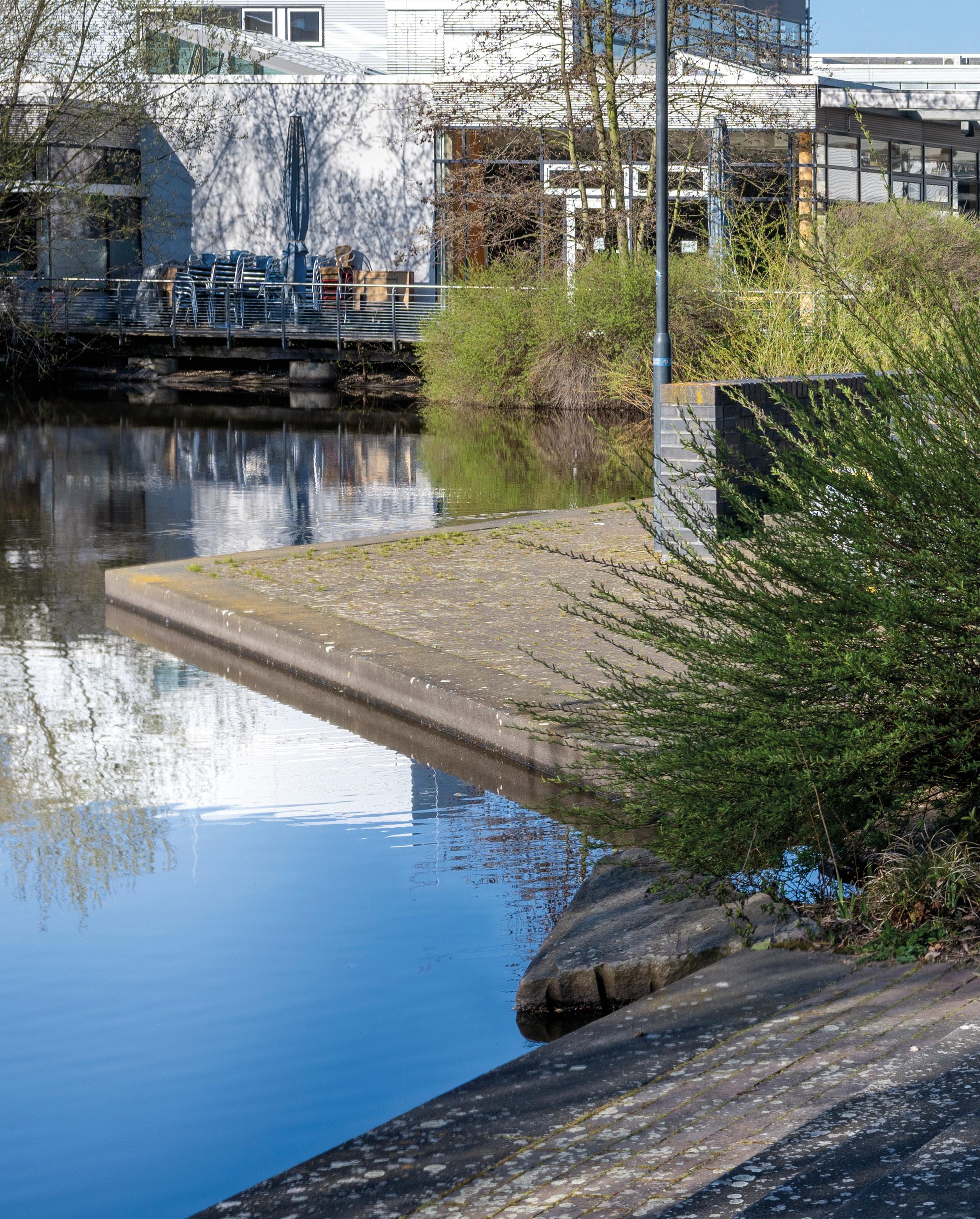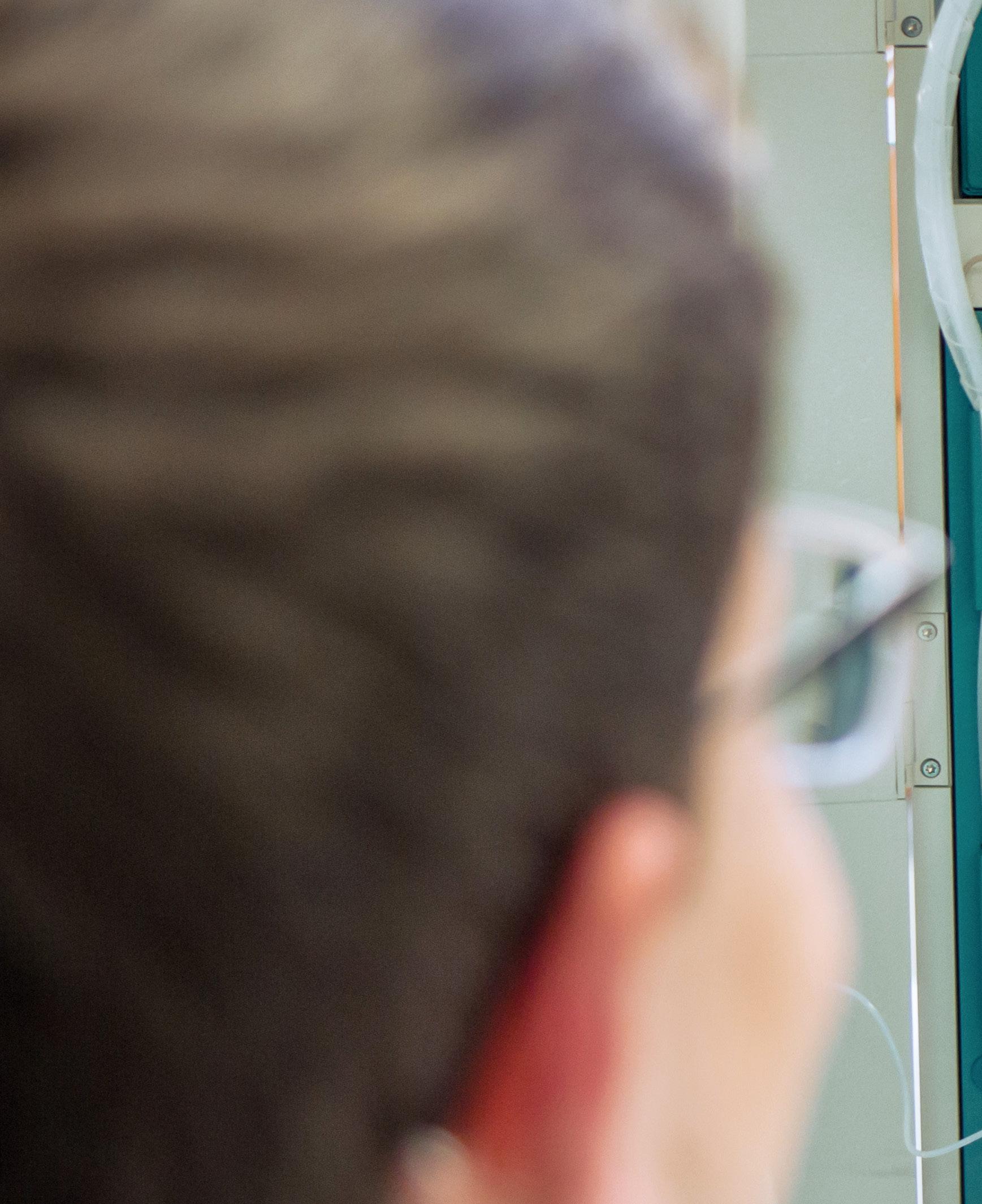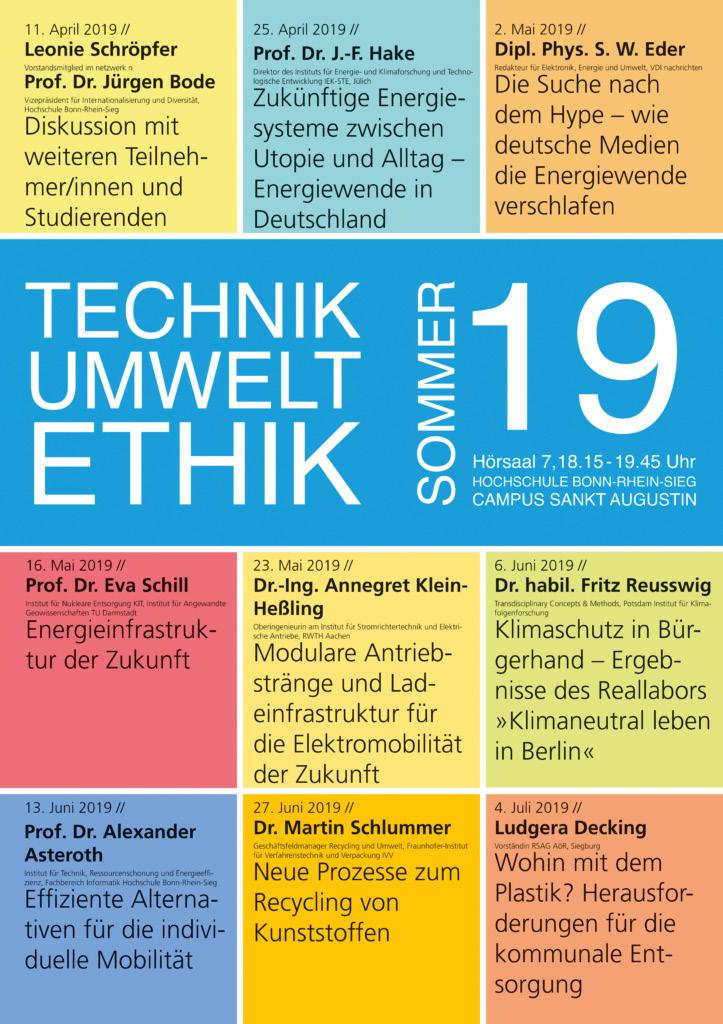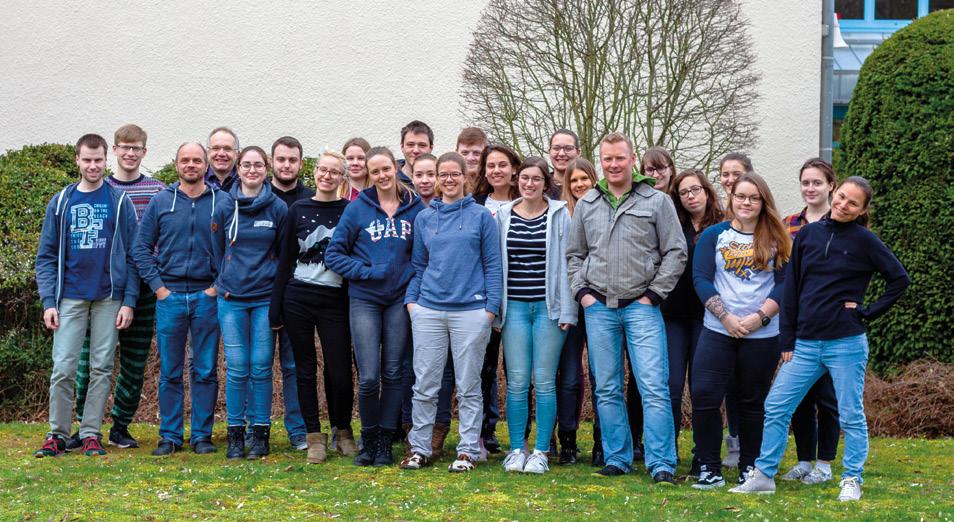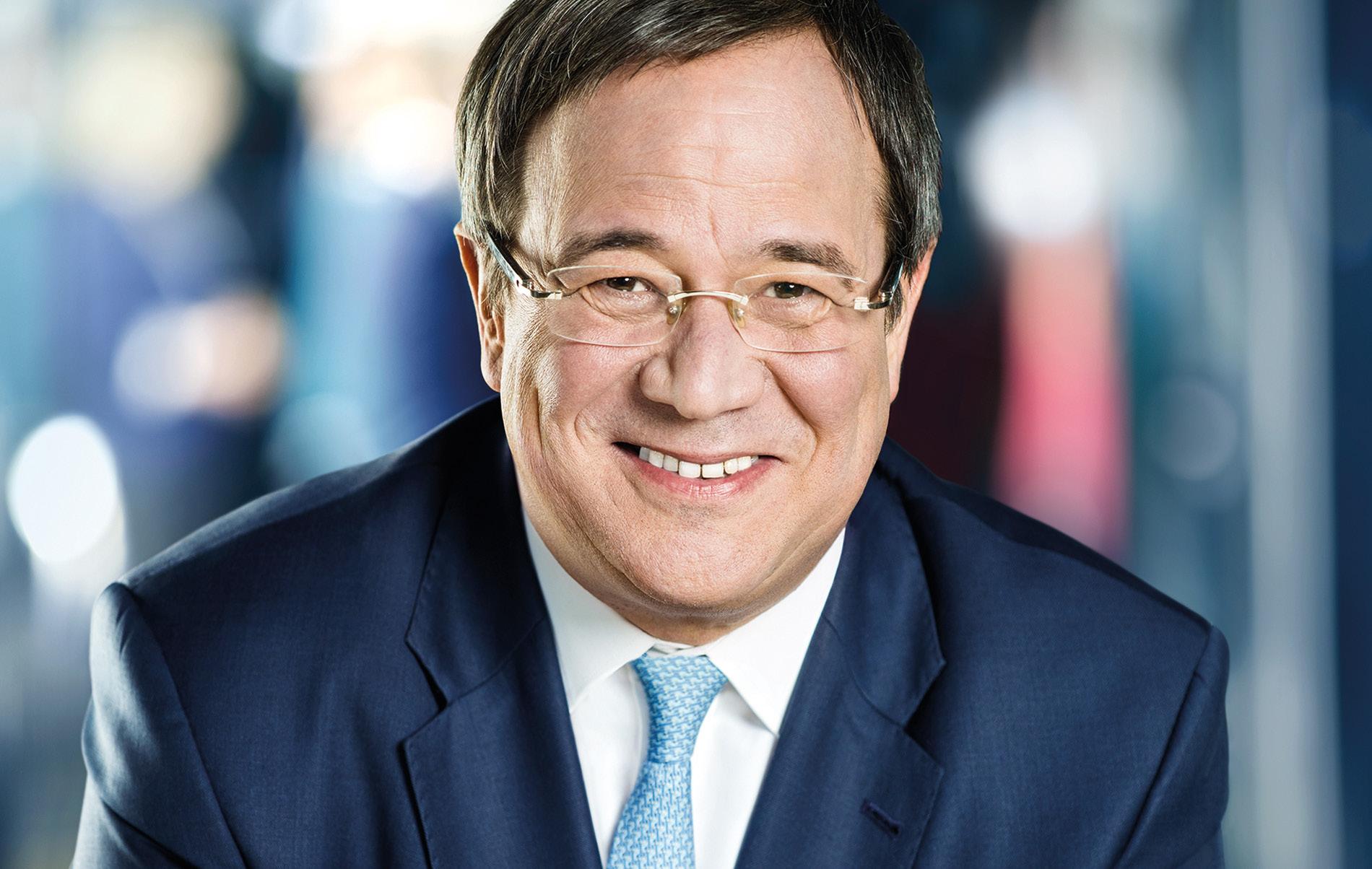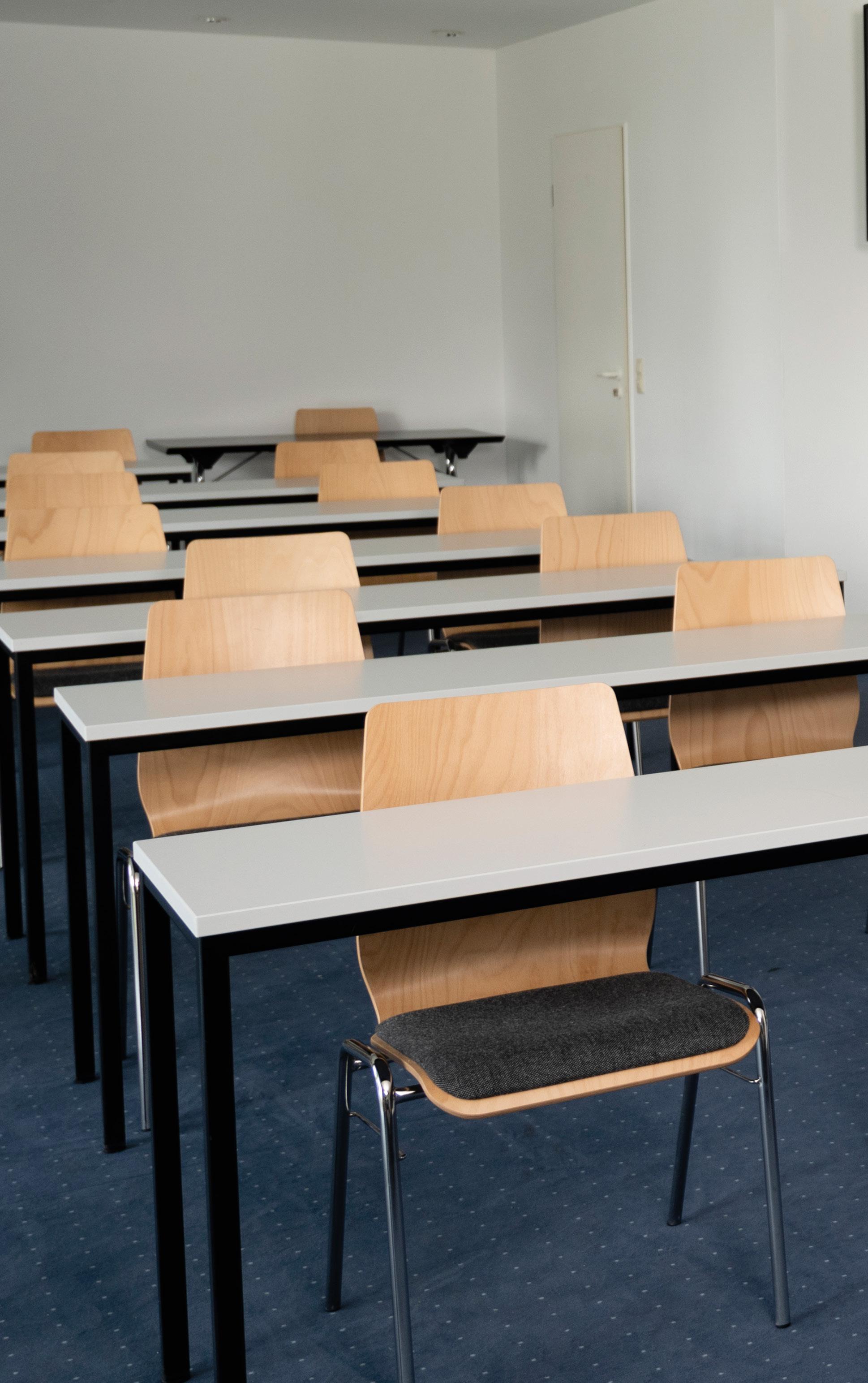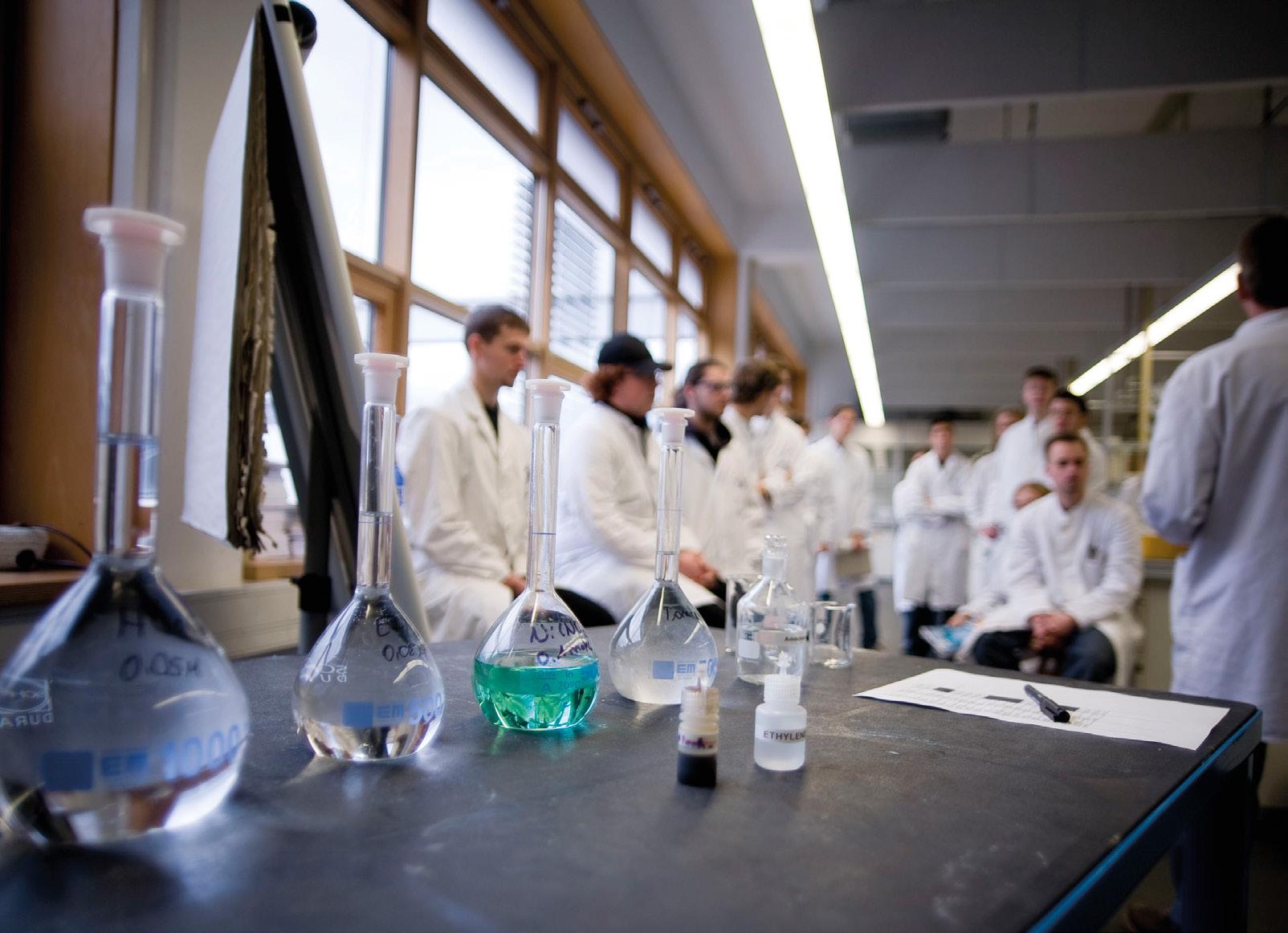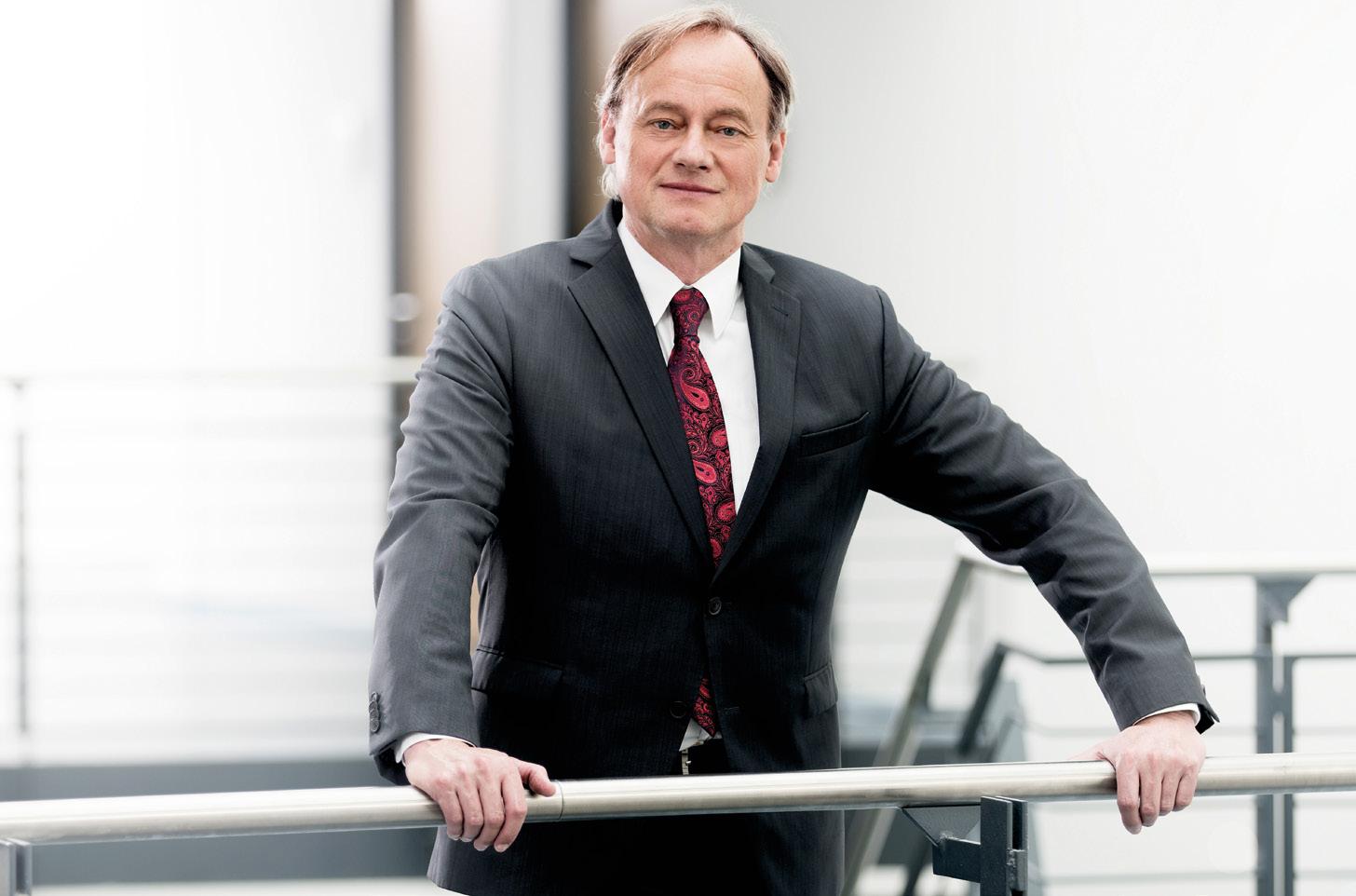25 diffusion
study
research
live
collaborate
Everything regulated - thanks to neural networks H-BRS develops intelligent process controllers in cooperation with Nolden Regelsysteme
From Lego brick to computer mouse – a great many plastic products are manufactured using injection moulding. During the production process, everything depends on the temperature of the liquid plastic remaining constant. A process control system ensures this. However, classic control systems take a long time to settle at the setpoint value, and this has a negative impact on product quality. Professor Roustiam Chakirov from the Department of Electrical Engineering, Mechanical Engineering and Technical Journalism and his international research team at H-BRS have solved this problem together with the company Nolden Regelsysteme as a cooperation partner – by using artificial neural networks. Such data processing structures are modelled on the networked neurons in the human brain. They are considered to be a pioneering form of artificial intelligence. “Each node in the neural network solves just one simple equation”, explains Chakirov. For his research project, he and his team have linked neural networks with industrial standard controllers and trained them using simulations, because “neural networks are not actually intelligent at all, but they are capable of learning”. At the testing facility of the SME, Nolden Regelsysteme in Meckenheim, it became clear that the neural heat controllers had learned their lesson. Thanks to the training units, they can demonstrably control the temperature faster and more precisely than conventional control systems. They can also be used more flexibly. The development engineers at Nolden Regelsysteme are graduates of H-BRS.
“Communication works very differently when you already know each other”, says Chakirov. The idea for the joint research project, funded by the Federal Ministry for Economic Affairs and Energy, arose from the university‘s longstanding cooperation with the Ukrainian Chernihiv National University of Technology. There, Professor Chakirov found two experts with doctorates in control engineering and recruited them for research stays at H-BRS. In two years of intensive research work, the scientists supervised three Master‘s theses and brought their development to the production stage. Finally, Nolden Regelsysteme and H-BRS applied for a patent for the neural heat controller. Both partners want to continue the successful cooperation. To this end they are networking their innovative control systems with the cloud – the first step towards “Industry 4.0”. More information: www.h-brs.de/emt/regelsysteme-auf-der-basisneuronaler-netzwerke
report


